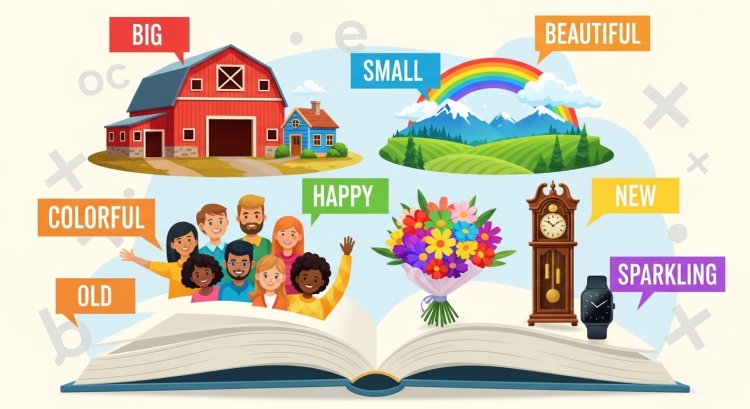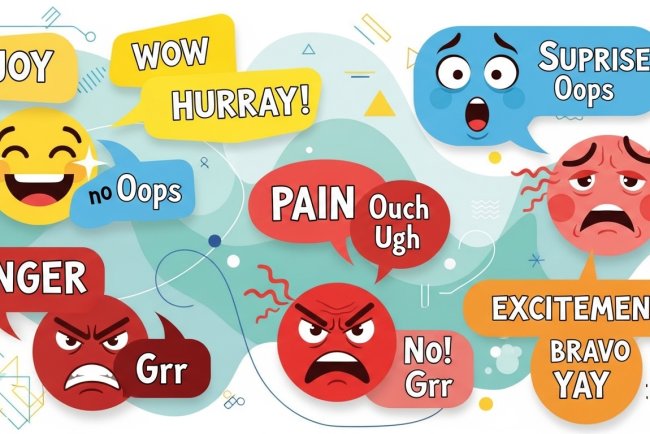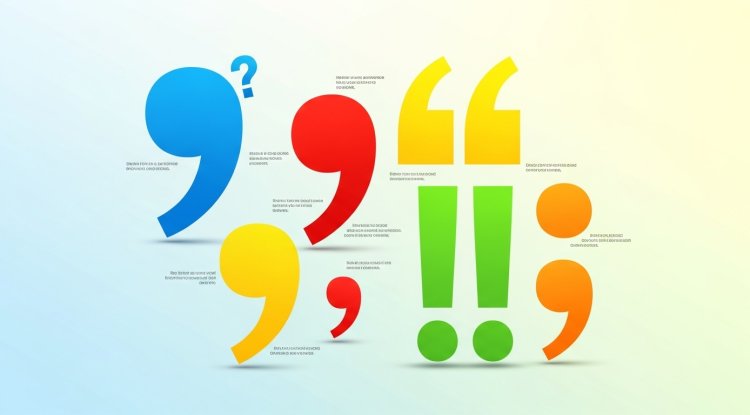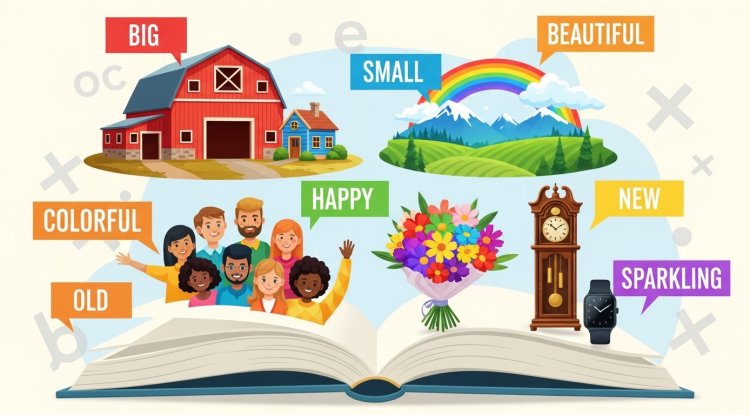What Are Adjectives?
Learn everything about adjectives, their types, examples, and usage in English grammar. Understand how adjectives make language more descriptive and engaging.

Adjectives are words that describe or modify nouns and pronouns. They give us more details about people, places, things, or ideas. Without adjectives, our sentences would sound flat and lifeless.
Example:
-
The dog barked.
-
The angry dog barked loudly.
In the second sentence, the adjective angry gives us more information about the dog.
Why Are Adjectives Important?
Adjectives make language vivid and engaging. They help readers and listeners visualize what is being described. Imagine reading a story without descriptive words—it would be dull and hard to picture.
Example:
-
She wore a dress.
-
She wore a shiny red dress.
The second sentence paints a much clearer picture.
Types of Adjectives
1. Descriptive Adjectives
These tell us qualities of a noun.
-
Examples: beautiful, tall, shiny
-
Sentence: The beautiful garden was full of flowers.
2. Quantitative Adjectives
These show the number or quantity of something.
-
Examples: some, few, many, several
-
Sentence: She bought many apples.
3. Demonstrative Adjectives
These point out specific nouns.
-
Examples: this, that, these, those
-
Sentence: I like those shoes.
4. Possessive Adjectives
These show ownership.
-
Examples: my, your, his, her, our, their
-
Sentence: This is my book.
5. Interrogative Adjectives
These are used in questions.
-
Examples: which, what, whose
-
Sentence: Which pen do you prefer?
6. Comparative and Superlative Adjectives
These show degrees of comparison.
-
Comparative: taller, smarter, happier
-
Superlative: tallest, smartest, happiest
-
Sentence: She is smarter than her brother.
-
Sentence: He is the tallest in the class.
Placement of Adjectives in Sentences
Adjectives usually come before the noun they describe or after linking verbs such as be, seem, look, feel.
-
Before noun: She wore a long coat.
-
After verb: The coat is long.
Tips for Using Adjectives Effectively
-
Do not overuse adjectives. Too many can clutter your writing.
-
Choose precise adjectives that create strong imagery.
-
Use comparisons when needed to show differences.
Practice Makes Perfect
Understanding adjectives is the first step. Using them effectively takes practice. Try writing short sentences and gradually add adjectives to make them more descriptive.
Take a Quiz on Adjectives
Want to test your understanding of adjectives? Download the QuizNova app and take a quiz to check your knowledge.
What's Your Reaction?


















